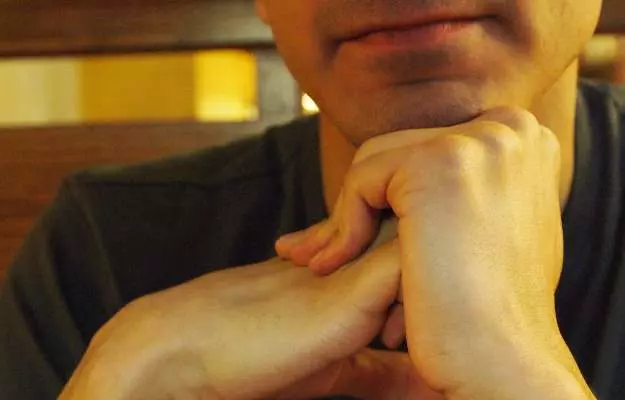For some, knuckle cracking is reminiscent of Bollywood film heroes getting ready to take on 10 bad guys at once, while others just go about killing their idle time, turning and twisting their fingers and knuckles to produce a cracking sound. But why do we do it?
Knuckle cracking is a common habit among many, especially noticeable while taking a break from hours of work or while sitting idle at home. It is also a sign of nervousness or to deal with stress among some people, while for others it is merely something they do to pass the time.
There have been various arguments made for and against the practice (or habit) of knuckle cracking. Knuckle cracking has often been thought to cause arthritis—popping sounds made by other joints in the body are also linked to this chronic disease which causes joint inflammation. Although there isn’t conclusive evidence regarding this, it may be an underlying symptom if your knuckles or fingers hurt while doing so.
The "popping" sound that comes cracking ones knuckles is due to the extension of the joints in the fingers. There are theories that this causes the bubbles in the fluid of the joint to burst. This is why you cannot experience the same sensation immediately after cracking a finger, as the bubbles take some time to collect again.
Even though it is considered to be a largely harmless act, there have been instances of finger dislocations or flared or injured tendons as a result of cracking your knuckles too often. Read on for more on why we crack our knuckles and is it safe.

































